All farmers claiming subsidy payments will have to submit a Single Application Form (SAF) online from 2018 onwards.
At the Stormont agriculture committee meeting last week, DAERA officials told MLAs that they have no option but to follow the rules set out in EU legislation. Those rules require each member state to have computerised geo-spatial aid application systems fully in place by that date. “We have to be 100% online by 2018 – it is a regulatory requirement,” insisted DAERA deputy secretary, Norman Fulton.
While there has been a significant increase in the number of online SAF applications in NI over the last two years, with 62% of forms submitted online in 2015, a number of MLAs expressed concerns. In particular, they highlighted the lack of coverage of broadband across all rural areas, and the inability of some older farmers to use computer technology.
Responding, Fulton said that the Department is hoping to make changes to its system that will mean fast broadband is not required to upload an application. He also maintained that there are a number of options for farmers without broadband, including using local libraries to access the internet, and agents to complete a form. “In Wales, they had virtually 100% online in 2015, with only 15 forms received on paper. It shows what can be done,” he said.
Committee chair Linda Dillon is to write to Minister for Agriculture Michelle McIlveen to outline concerns about the move to make it a mandatory requirement to submit a SAF online.
Inspections
Meanwhile, with just over 25,000 applicants submitting claims for the 2016 Basic Payment Scheme, the resultant land eligibility inspections are now under way.
As in previous years, the majority of these eligibility inspections will be conducted using satellite imagery or remote sensing.
According to DAERA officials, six zones (each zone is around 600km2) have been identified for checks compared with four zones in the last two years. It will mean inspections are more widely distributed across NI this year.
During the meeting, DAERA officials were also asked if they conduct checks on agents to ensure that they have the proper insurance cover in the event that they make a mistake when completing an online SAF on behalf of a farmer. However, in his response, Fulton insisted that it was up to the farmer to confirm that their agent has professional indemnity insurance, not DAERA.
During their briefing last Thursday, DAERA officials were asked about what is being done to ensure research results are made available to farmers.
Answering, they insisted that the Department was “very committed” to getting research results disseminated on to farms using its network of farm advisers. In addition, DAERA deputy secretary Norman Fulton said that scientists from the Agri-Food and Biosciences Institute (AFBI) could soon be involved in the delivery of teaching to higher education students at CAFRE.
Sharing facilities
He also said the Department is looking at creating a single farm estate. That would mean AFBI and CAFRE sharing facilities, which would expose CAFRE students directly to ongoing scientific work.
In a broad ranging discussion, DAERA deputy secretary Norman Fulton was also asked for his views on farmgate pricing legislation, something being lobbied for by both Farmers For Action and the NI Agricultural Producers’ Association.
He told MLAs that he didn’t think such legislation is an option for farming in NI. “Apart from whether we can do it under European legislation, we can’t cut ourselves off from the market by imposing minimum prices,” he told MLAs.




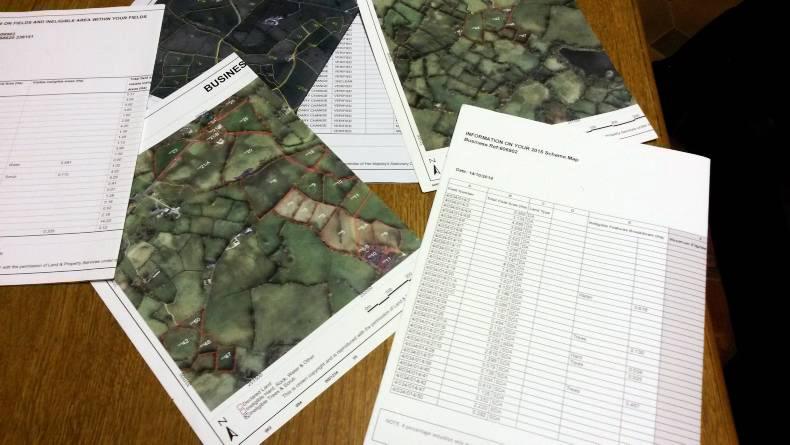
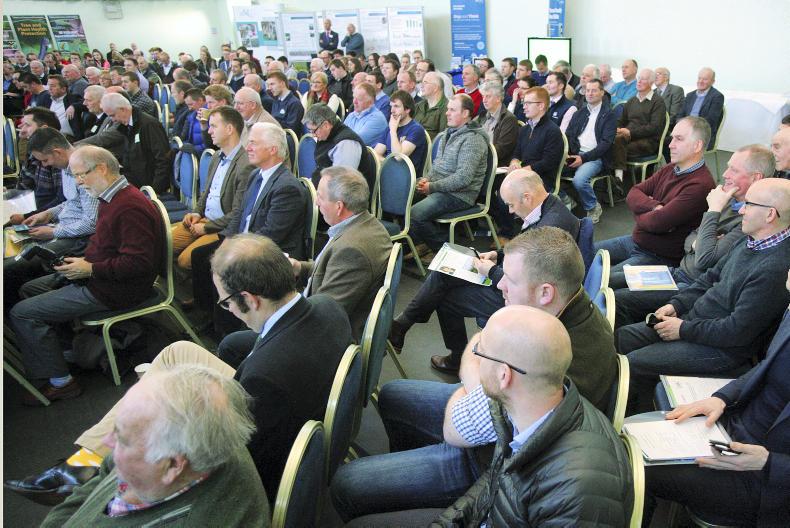

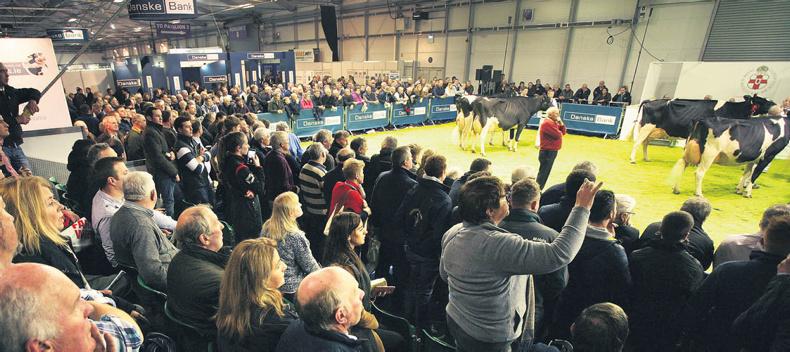
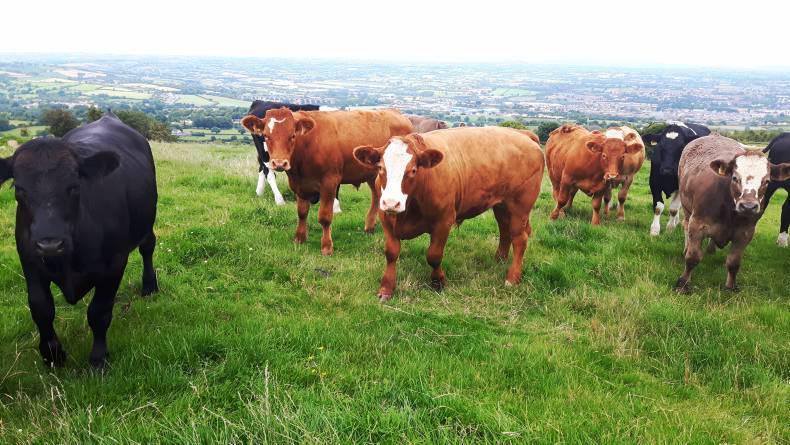
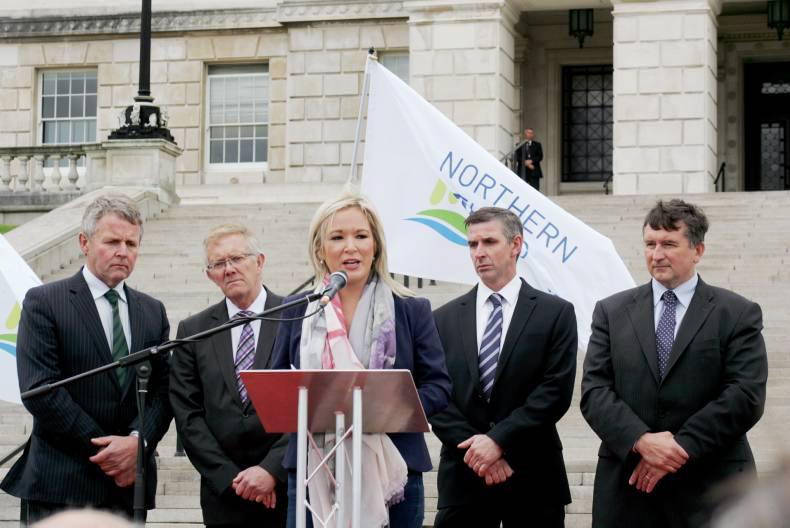
SHARING OPTIONS